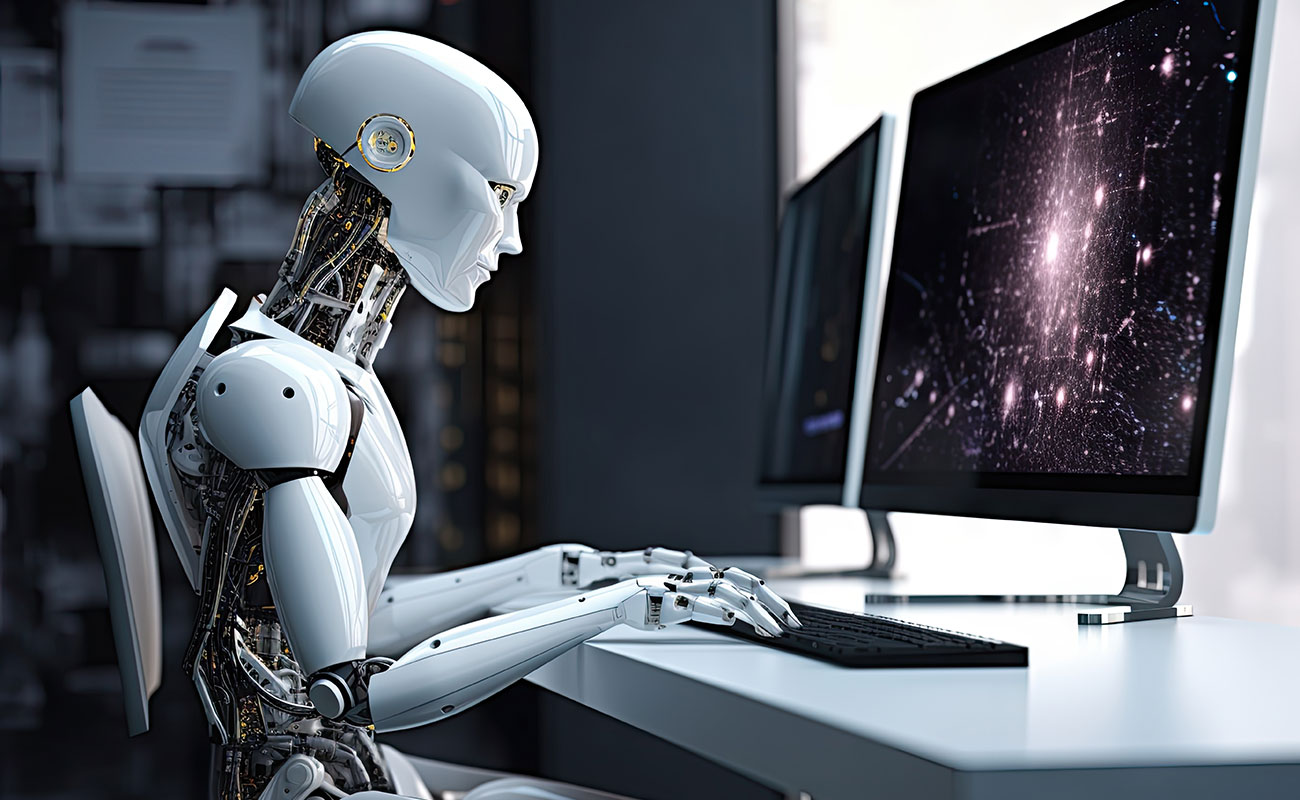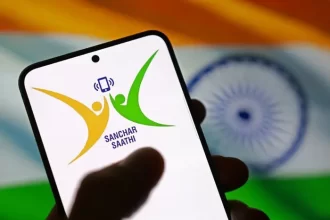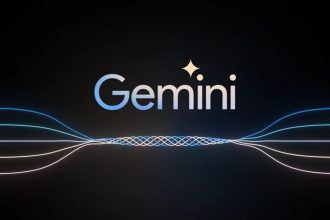Staff Writer | FutureTech Daily | SIB Infotech
A New Era of Productivity: AI Steps Up as the Ultimate Personal Assistant
In a world that demands more efficiency, faster turnaround times, and smarter workflows, the role of personal assistants—once a human-dominated field—has started to shift dramatically. Enter the rise of a new AI-powered personal assistant app that’s making waves across industries, from startups to C-suites. Designed with advanced machine learning, intuitive natural language processing, and seamless integration capabilities, this revolutionary AI app might just be your next digital sidekick.
But can it really replace a human personal assistant?
Let’s explore how and why this new AI innovation is becoming the productivity companion millions never knew they needed.
The Technology Behind the Shift
This next-gen AI app doesn’t just answer questions or set reminders. It learns. Using a combination of deep learning algorithms and real-time data analytics, the app becomes more intuitive the more you use it. Unlike earlier generations of virtual assistants—limited to setting alarms or checking the weather—this AI can:
- Schedule and rearrange meetings autonomously
- Draft and respond to emails with tone-adjusted context
- Perform travel bookings while considering your preferences
- Coordinate across multiple calendars, apps, and time zones
- Anticipate daily needs based on patterns and behavior
Users describe it as a “thinking assistant”—one that doesn’t need to be told what to do but instead suggests what needs to be done next.
Why People Are Making the Switch
- Cost-Effective
Hiring a full-time human assistant can be expensive. Salaries, benefits, and office space add up quickly. In contrast, the AI app operates on a monthly or annual subscription model—making it highly attractive for freelancers, small business owners, and remote professionals.
- 24/7 Availability
AI doesn’t sleep. It doesn’t take breaks or holidays. Whether it’s 2 a.m. or during a weekend crunch, your digital assistant is always available to help, ensuring zero downtime.
- Privacy and Confidentiality
Ironically, some users feel more secure sharing sensitive information with an AI than a human. With robust encryption protocols, these apps now offer end-to-end protection, reducing the risk of data breaches or leaks.
- Multilingual and Cross-Cultural Functionality
Going global? This AI app supports multiple languages and understands cultural nuances—critical in today’s interconnected world. Whether you’re dealing with partners in Tokyo or customers in São Paulo, the assistant adapts seamlessly.
Limitations to Consider
Of course, no technology is flawless. While the AI app excels in logic-based tasks, it still lacks human empathy and emotional intelligence. Tasks involving nuanced interpersonal dynamics, conflict resolution, or judgment-based decisions may still require a human touch.
Additionally, despite built-in adaptability, certain industries—such as legal or healthcare—may still require human oversight for sensitive or highly regulated tasks.
The Impact on Traditional Roles
The rise of AI assistants doesn’t necessarily spell the end of human personal assistants. Instead, many organizations are embracing a hybrid model: AI handles routine, time-consuming tasks, while human assistants focus on strategy, creative problem-solving, and relationship-building.
This shift has the potential to redefine job descriptions and even create new roles focused on AI management, customization, and oversight.
Real-World Use Cases
- Tech Entrepreneurs: Use the app to automate investor updates, optimize pitch meeting schedules, and streamline project timelines.
- Medical Professionals: Doctors leverage the assistant to transcribe notes, send appointment reminders, and manage telehealth logistics.
- Educators and Researchers: Seamlessly organize citations, automate document formatting, and schedule academic collaborations.
- Parents and Students: Coordinate school calendars, grocery shopping lists, and tutoring schedules—creating a balance between home and productivity.
The Future Outlook
As AI becomes increasingly intelligent, it’s likely this assistant will evolve to not just respond but proactively manage larger aspects of personal and professional life. Voice recognition, emotion detection, and predictive modeling are already being tested for the next wave of releases.
Will we one day see AI assistants not only helping us do our work but guiding us to make better life choices, health decisions, or even career moves?
That day may be closer than we think.
Conclusion
This revolutionary AI personal assistant app is more than a gadget—it’s a paradigm shift. While it may not completely replace human assistants (yet), it certainly offers a compelling alternative for a large majority of professionals looking for efficiency, speed, and adaptability in a fast-moving world.
It’s no longer a question of if we’ll use AI for personal productivity, but how soon we can fully tap into its potential.








